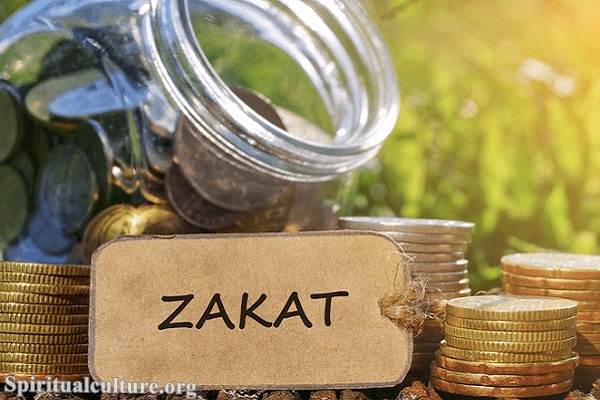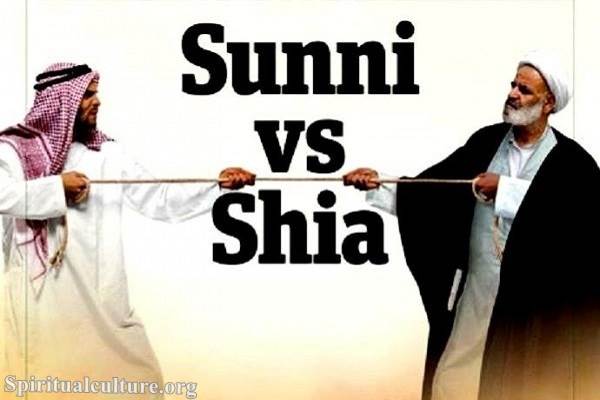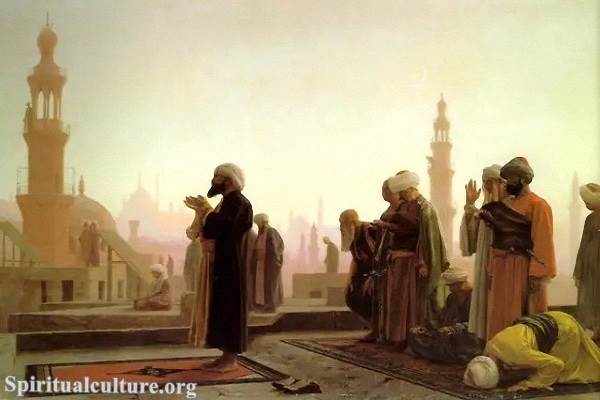It is a form of almsgiving prescribed in the Qur’an and requires Muslims to give a certain percentage of their wealth to charity each year. Zakat is intended to purify the wealth of Muslims, promote social justice, and assist those in need. It is considered an act of worship that helps to strengthen the community and foster a sense of solidarity among Muslims.
In Islam, zakat is seen as a way to demonstrate gratitude to God and to express concern for the welfare of others.
Zakat is calculated based on a person’s net worth, which includes savings, investments, and other assets. The Qur’an specifies that zakat should be paid on certain types of wealth, including gold, silver, and cash savings. The amount of zakat a person must pay is usually 2.5% of their net worth, but it can vary depending on the individual’s specific circumstances.
There are specific guidelines for the distribution of zakat. It is typically given to eight categories of recipients specified in the Qur’an: the poor, the needy, those who work in the collection and distribution of zakat, those whose hearts are to be reconciled, those in bondage or captivity, those in debt, those fighting in the cause of God, and travelers in need.

In addition to being a financial obligation, zakat is also seen as a spiritual practice that helps Muslims develop compassion and generosity towards others. It is an important part of Islamic social teaching and is a way for Muslims to fulfill their responsibilities to their fellow human beings and God.
The payment of zakat is considered a personal responsibility for Muslims, and it cannot be paid on behalf of someone else. It is also not considered a form of taxation, as the state or government does not impose it, but rather is a personal obligation for individual Muslims.
In addition to being a mandatory practice for Muslims, zakat is also an important source of funding for many charitable organizations and social welfare programs in Muslim-majority countries. It is often used to assist those in need, such as the poor, the sick, and orphans, and to support community development projects.
While zakat is an important part of Islam, it is not the only form of charity that Muslims are expected to practice. Muslims are also encouraged to give voluntary charitable donations, known as sadaqah, which can be given at any time and to any worthy cause. Sadaqah is seen as a way to demonstrate compassion and generosity towards others, and it is considered a way to earn the blessings and mercy of God.



